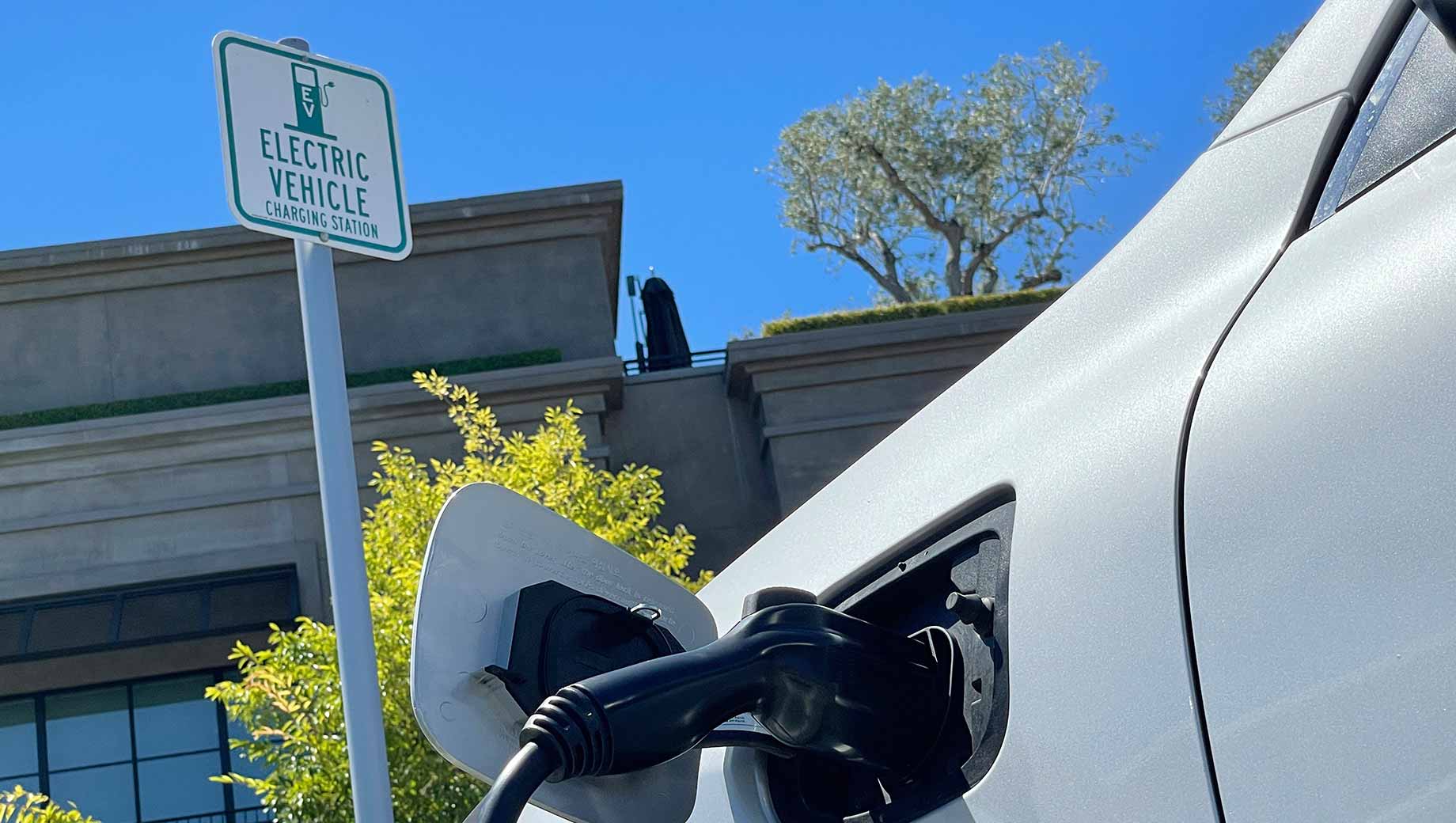Story Highlights
- 4% currently own electric vehicle, 12% are seriously considering purchase
- 39% say electric vehicles help climate change at least a fair amount
- Democrats most likely to own EVs and to say they help climate change
WASHINGTON, D.C. -- Americans’ adoption of electric vehicles is proving to be slow, as relatively few currently own one (4%) or are seriously considering purchasing one (12%). Another 43% of U.S. adults say they might consider buying an electric vehicle in the future, while 41% unequivocally say they would not.
Electric vehicles, or EVs, were first invented in the 19th century, long before gas-powered vehicles came on the scene. They have become increasingly prevalent over the past decade, with the emergence of Tesla’s all-electric fleet of vehicles and traditional automobile manufacturers introducing their own electric models.
While EVs are significantly more expensive than conventional vehicles to purchase, proponents say the long-term savings on fuel and less upkeep of electric vehicles make them a better choice financially. In addition to cost, proponents of EVs say they help with climate change because they do not emit greenhouse gases and pollutants to the same degree that gas vehicles do.
Yet, this idea that electric vehicles help to address climate change is not universally accepted by Americans. While about four in 10 U.S. adults think using EVs helps address climate change “a great deal” (12%) or “a fair amount” (27%), roughly six in 10 believe it helps “only a little” (35%) or “not at all” (26%).
These findings are from a March 1-23 poll, which was the first time Gallup asked these questions about electric vehicles.
Party Greatest Differentiator in Americans’ EV Use and Perceptions
U.S. adults’ party identification is the greatest differentiator in both their openness to owning EVs and their perceptions of the environmental impact that the use of such vehicles would have.
Current ownership of electric vehicles among partisans is 6% for Democrats, 4% for independents and 1% for Republicans. Democrats (22%) are also far more likely than both Republicans (1%) and independents (12%) to say they are seriously considering purchasing an EV. The majority of Democrats, 54%, say they may consider it in the future. Meanwhile, a substantial majority of Republicans, 71%, say they would not consider owning an electric vehicle.
Other demographic differences in current and potential EV ownership, though influenced by party, are sizable. Americans aged 35-54 are more likely than those younger and older to already own or be seriously considering buying an electric vehicle. However, young adults 18-34 are most likely to say they may buy one in the future.
Americans living in the Western U.S. and college graduates are more likely than their counterparts to report that they currently own an electric vehicle, are seriously considering the purchase or might in the future.
Likewise, U.S. adults with annual household incomes of $100,000 and over are more likely than those in lower income groups to already own or say they may own an EV. This may be a function of the higher price tag on electric versus gas vehicles.
Americans who worry a great deal about global warming or climate change are most open to owning an electric vehicle now or in the future, with 79% saying they currently own one (5%), are seriously considering it (16%) or would at some point (58%). Conversely, 77% of those who are not at all concerned about climate change say they would never own an EV.
In addition to being more open to owning electric vehicles, Democrats are also more likely than Republicans to say the use of EVs helps address climate change. Just over two-thirds of Democrats think electric vehicles help a great deal (22%) or a fair amount (46%). Meanwhile, 55% of Republicans say they do not help at all, and 32% believe they help only a little bit. Independents are closer to Republicans than Democrats in their views.
Bottom Line
While ownership of electric vehicles is on the rise in the U.S., the percentage of Americans who say they own one remains limited at 4%. Though they are often promoted as a key way to reduce carbon dioxide emissions and address the effects of climate change, the public remains largely unconvinced that the use of EVs accomplishes this aim.
The Biden administration has set a goal that half of all new vehicle sales be electric by 2030. The state of California has mandated that all new vehicle sales in the state by the year 2035 must be zero-emission vehicles, and major U.S. automakers are boosting EV production and, in some cases, phasing out gas-powered vehicles in the coming years.
Given these changes, it is unclear to what extent Americans will be able to choose between electric and gas-powered vehicles in the next decade and beyond, but a majority of Americans now say they are at least open to buying an EV in the future. With four in 10 U.S. adults unwilling to even consider switching from a gas to an electric vehicle, the plans of Biden, California and auto manufacturers could be challenging to achieve.
Previous Gallup polling has found that Americans aren’t always the best judge of their future behavior when it comes to technology. For example, as recently as 2000, a quarter of Americans thought they’d never own a smartphone.
To stay up to date with the latest Gallup News insights and updates, follow us on Twitter.
Learn more about how the Gallup Poll Social Series works.




